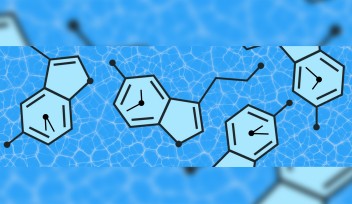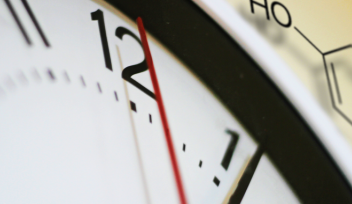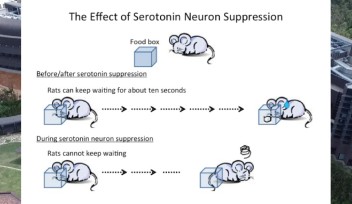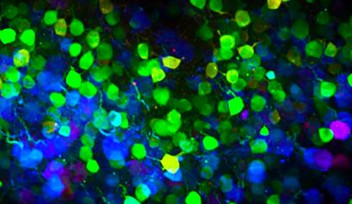Can Science and Technology Help Increase our Confidence?
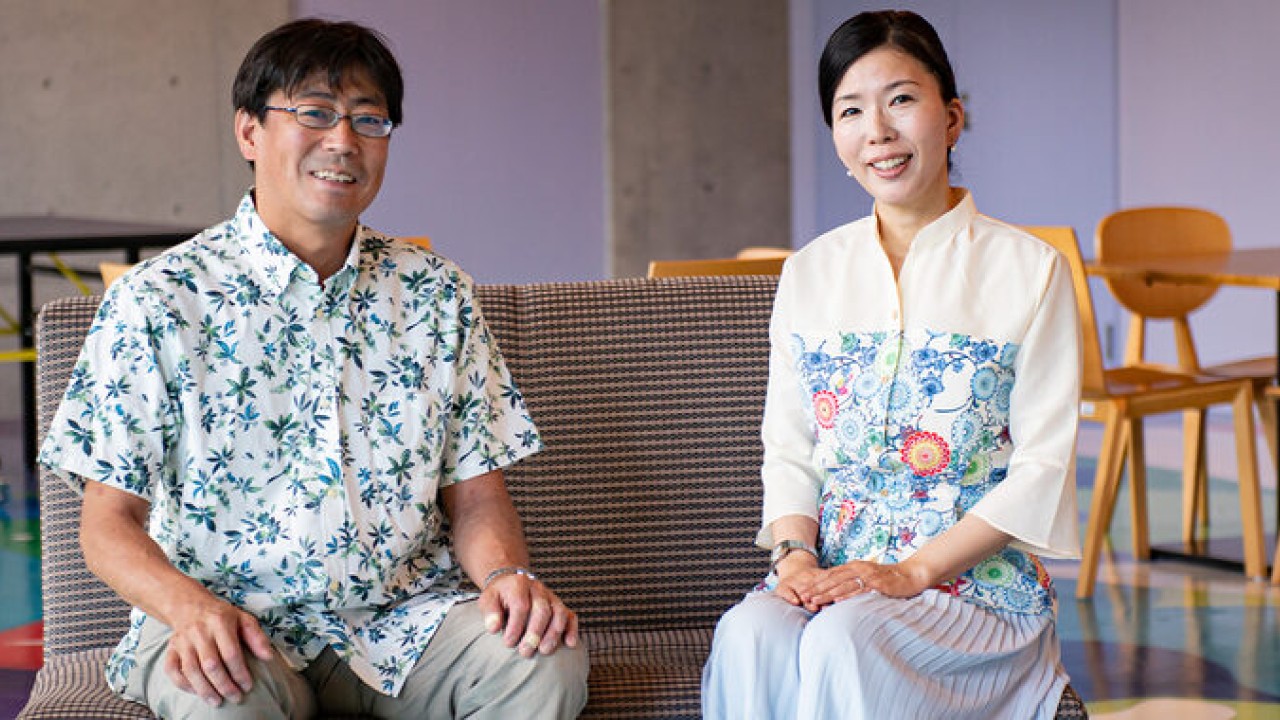
Serotonin, sometimes described as the "happy hormone," is secreted widely in the brain and is involved in a range of vital functions like breathing and sleeping, as well as emotions and cognition. Today, many children and adults of all ages are experiencing depression, panic attacks, and other mental disorders, which have vast implications such as making it difficult for them to adjust socially. However, the role serotonin plays in adapting to a changing environment and making behavioral choices remains a mystery.
The Neural Computation Unit at OIST (led by Prof. Kenji Doya) has been working to uncover the function of serotonin using various approaches for quite some time. In a previous experiment, the researchers revealed that serotonergic neural activity in the mouse’s dorsal raphe nucleus, one of the brain regions with a high density of serotonergic neurons, increased while mice were waiting patiently for food, and that when this neural activity was artificially activated, the waiting time was prolonged. In the study, for the first time in the world, the researchers successfully demonstrated the causal relationship between serotonergic neural activity and a specific behavior.
Now, the research unit is working on a new project, which has been selected for the Moonshot Research and Development Program, a large-scale national research project that looks ahead to 2050. The unit's Group Leader, Dr. Katsuhiko Miyazaki is the Project Manager. Dr. Miyazaki is working on this project with his colleague and spouse, Dr. Kayoko Miyazaki. The project aims to achieve one of the nine objectives of the Moonshot Research and Development Program, which is to create technology for the "realization of a mentally healthy and dynamic society by increasing peace of mind and vitality."

In this project, entitled "Elucidation of the mechanism of serotonin over optimism and pessimism," the researchers will conduct behavioral experiments using mice that are genetically modified so that specific neural activities can be manipulated (activated or inhibited) artificially with light. The mice will learn a task in which they can acquire food or avoid weak electrical shock on their legs by making efforts, such as waiting or moving continuously. By externally observing and manipulating the neural activity in the targeted brain regions while the mice performing the task, the researchers will investigate in detail the effects on the mice’s behaviors as well as the functions of serotonergic neural networks. Previous research by Drs Miyazaki and their colleagues has shown that serotonin is involved in the decision-making process of whether to wait for a future reward, or to give up on it. Furthermore, simulations using a mathematical model have shown that activation of serotonergic neural activity may increase the mice’s confidence or optimism about the probability of future rewards. Based on these results, Drs Miyazaki and colleagues infer that serotonin may function to cause optimism and pessimism. This experiment will provide insight into the neural mechanism that causes optimism—thoughts that "things will turn out well”, or pessimism—thoughts that "things will not turn out well”, depending on the purposes of the same behavior, whether it is for the attainment of a reward or the avoidance of an unpleasant experience.
Dr. Kayoko Miyazaki expressed her commitment to the research, saying, “We must overcome various challenges to achieve great goals. Optimism, the ability to think that "things will turn out well", is one of the important traits that helps us become motivated and push aside excessive anxiety and pessimism. I hope that we can achieve results that will help children believe in themselves and move forward when they face difficulties in pursuit of their dreams and goals."
Dr. Katsuhiko Miyazaki expressed his enthusiasm for the project, "I am very pleased and honored to be part of this grand program of the Moonshot Research and Development Program for human well-being. This project is a new challenge born from the research results we have accumulated at OIST. I hope to contribute to the success of this project in a positive way."
The results of this research are also expected to help researchers elucidate the neural mechanism of psychiatric disorders in which serotonin involvement is implicated, as well as develop the next generation of artificial intelligence.
At OIST, other researchers are also involved in the Moonshot Program. Assistant Professor Hiroki Takahashi of the Experimental Quantum Information Physics Unit and Dr. Yuimaru Kubo, Group Leader of the Quantum Dynamics Unit, are part of the project to realize a fault-tolerant universal quantum computer.










